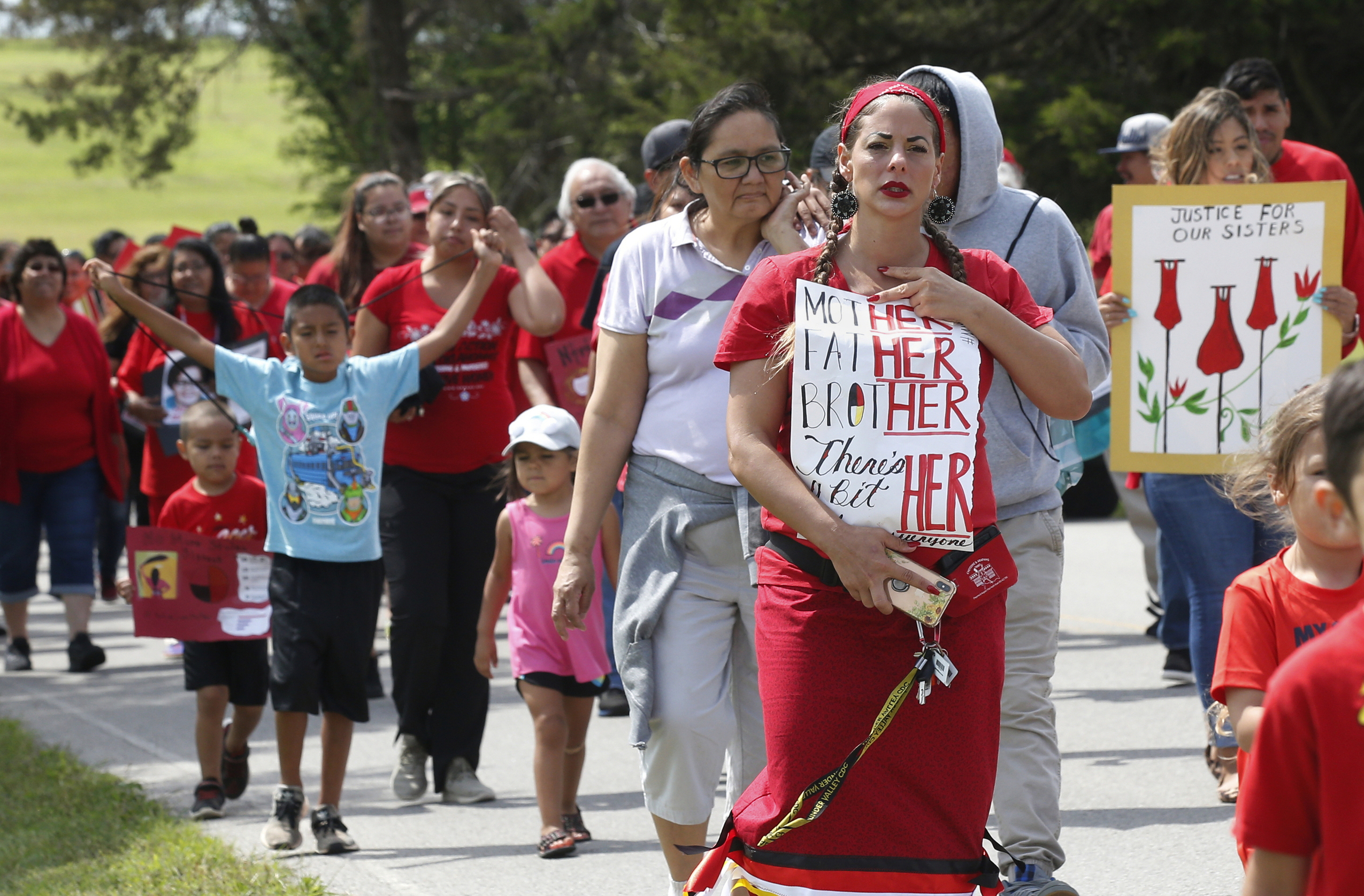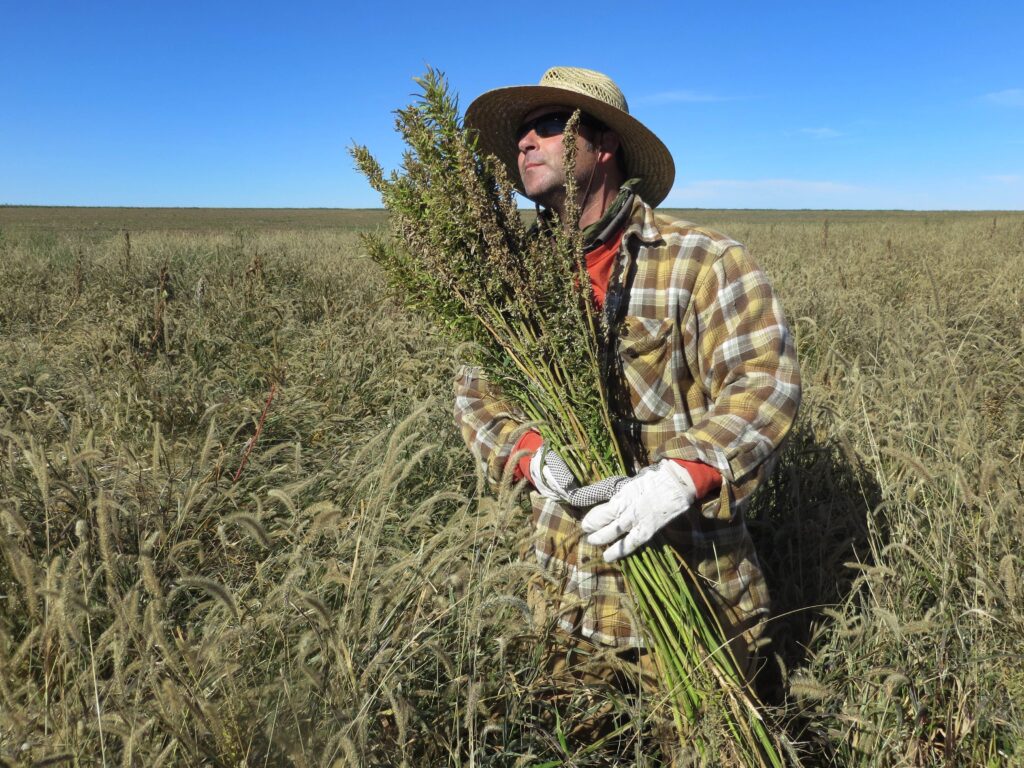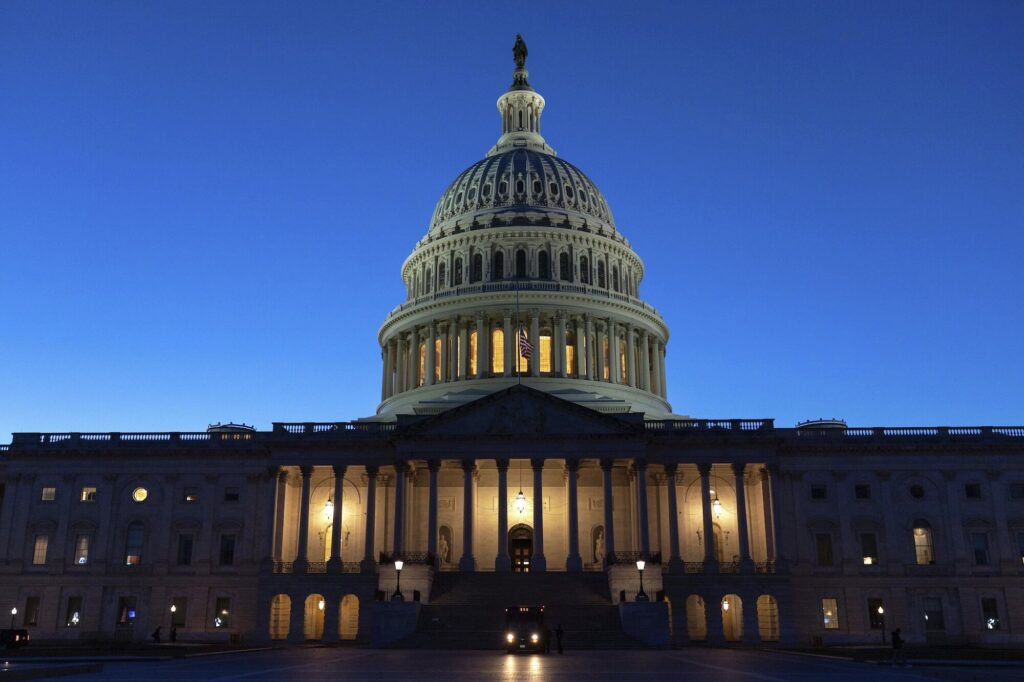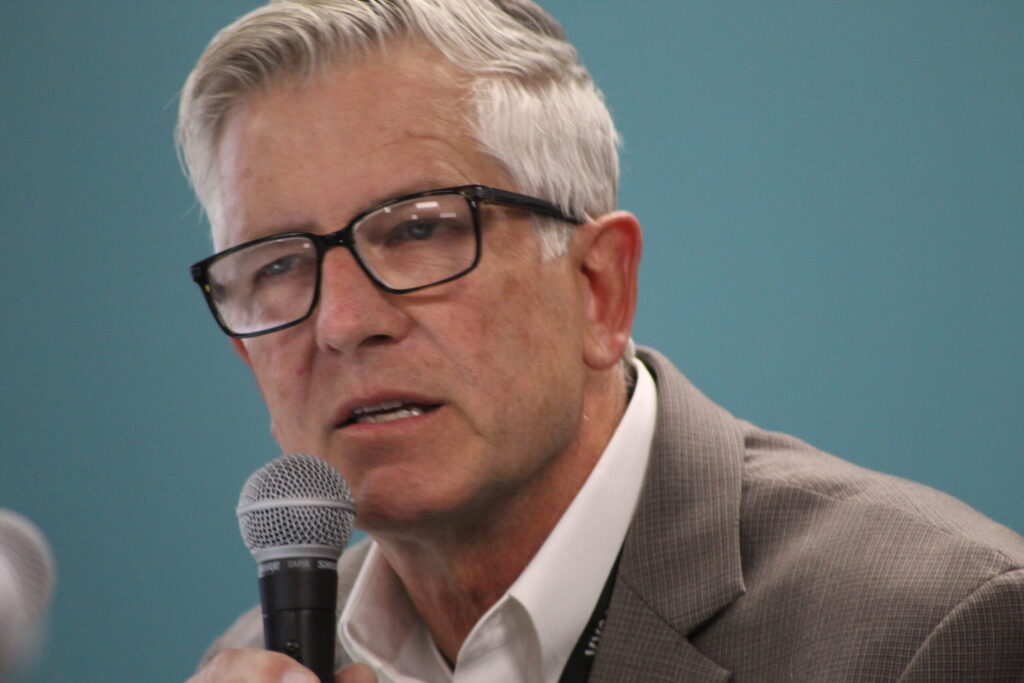Colorado legislature approves new office, alert system for missing and murdered Indigenous people
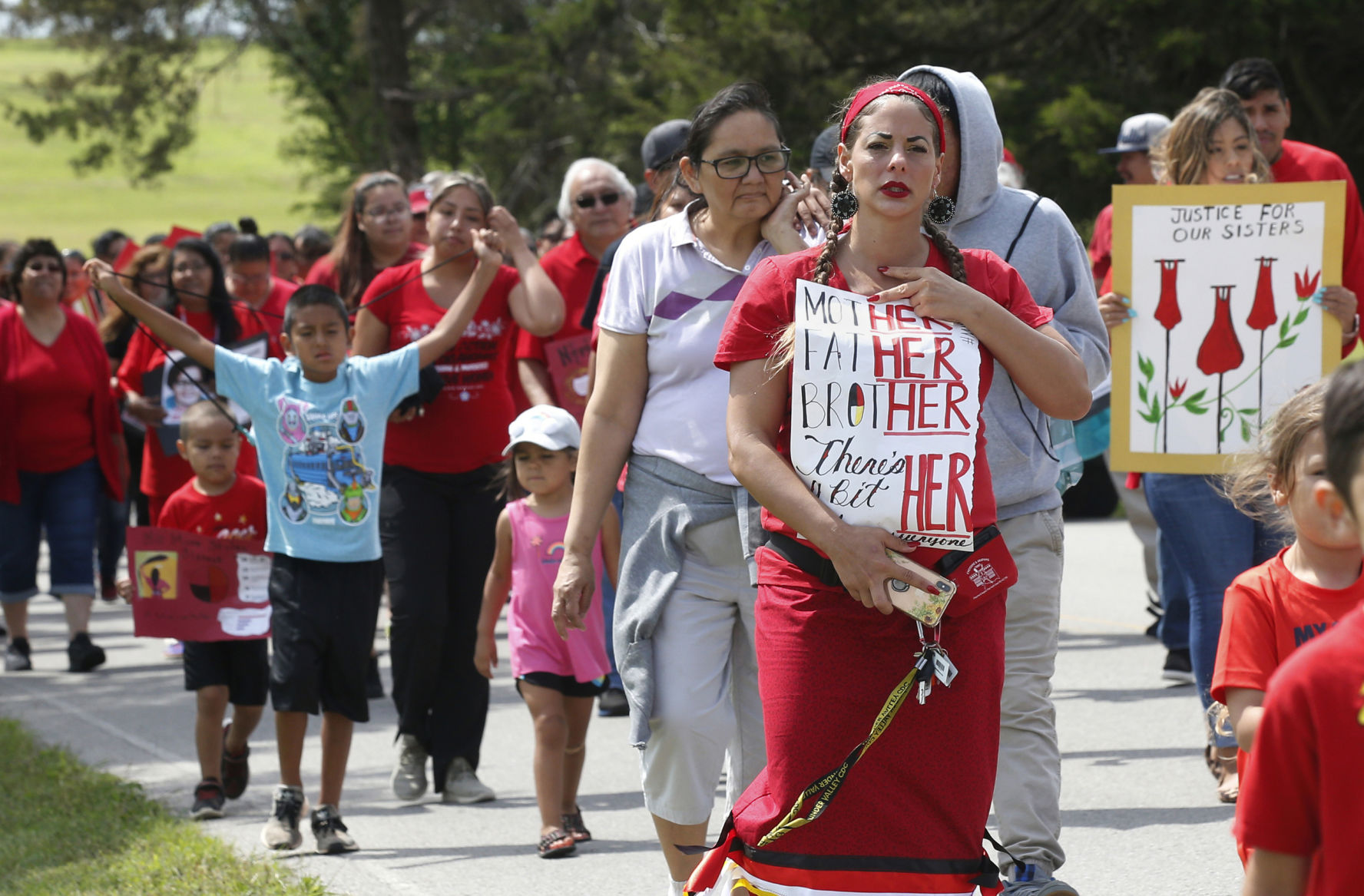
Investigations into missing and murdered Indigenous people may soon improve in Colorado – thanks to a bill legislators passed on Tuesday.
More than four out of five Indigenous people in the U.S. have experienced violent crime, according to national data. Those are some of the highest rates of violence for any demographic, with Indigenous women nearly three times more likely to be murdered than white women.
Senate Bill 150 aims to address this disparity by creating the Office of Liaison for Missing and Murdered Indigenous Relatives to facilitate the investigations and provide other support. The bill would also create an emergency alert system to report active crimes and a community advisory board to help lead the office.
“Far too often, Native women and relatives are completely unseen and unheard,” said bill sponsor Rep. Leslie Herod, D-Denver. “Every single Indigenous family has been touched by this issue. They have gone missing, they have gone murdered and their families’ cries for help to solve the cases have gone unheard.”
The state House passed the bill in a bipartisan 45-20 vote on Tuesday, following the Senate’s 24-9 approval last month. The Senate still needs to approve the changes and send it to Gov. Jared Polis for final consideration.
Under the bill, the new office would assist on investigations involving Indigenous victims, review cases and develop best practices, data collection and training for law enforcement agencies. The office would also assist families and tribes in how to navigate the criminal justice system and would coordinate between federal, state and local law enforcement agencies and organizations.
The bill would require the Colorado Bureau of Investigation to publish a database on missing Indigenous people and notify tribes and media outlets when it gets a report of a missing or murdered Indigenous person.
Denver is rated 7th in the U.S. for most missing and murdered Indigenous women not included in law enforcement databases, according to the Urban Indian Health Institute. In 2016, the institute found that only 2% of 5,712 Indigenous women and girls who were missing were found in the Department of Justice’s federal missing persons’ database.
“That’s only 2% of daughters, sisters, granddaughters reported in the missing persons’ database,” said Rep. Monica Duran, D-Wheat Ridge, who is also sponsoring the bill. “It is time to address the ignorance and move towards combatting the issue of missing and murdered Indigenous relatives.”
During a public hearing, more than two dozen people testified in support of the bill, including numerous members of local Indigenous tribes, such as the Southern Ute Indian Tribe, Navajo Nation and the Northern Arapaho Tribe. No one testified against the bill.
Leaders of Indigenous tribes said they cannot access the state’s emergency alert systems, such as AMBER Alert, making it difficult to spread the word when someone goes missing. Because these crimes usually also lack mainstream news coverage, the families of victims can only turn to social media for help, they said.
Chairman Manuel Hart of the Ute Mountain Ute Tribal Council said his tribe also struggles with law enforcement jurisdiction. The tribe falls under the federal Bureau of Indian Affairs Police, in addition to local law enforcement agencies of three different states. He said crimes also occasionally spill into their neighboring tribe, the Navajo Nation, which has its own systems.
Vice Chairman Ramona Eagle from the Southern Ute Indian Tribe said her tribe has been left to investigate missing and murdered cases itself, a task she said they do not have the capacity to handle.
“In the past 15 years, our tribe has worked on 10 cases dealing with missing and murdered persons. … The tribe is currently investigating three suspicious cold case deaths,” Eagle said during the hearing. “This epidemic has impacted my family personally. My daughter, Sadie R. Frost, was murdered in 1995.”
All 29 lawmakers who voted against the bill are Republicans. Though none commented on their vote, several conservative lawmakers recently raised issue with Colorado’s expanding government. In the last three years, the state has added more than a dozen new state offices, a new state department and other governmental structures.
